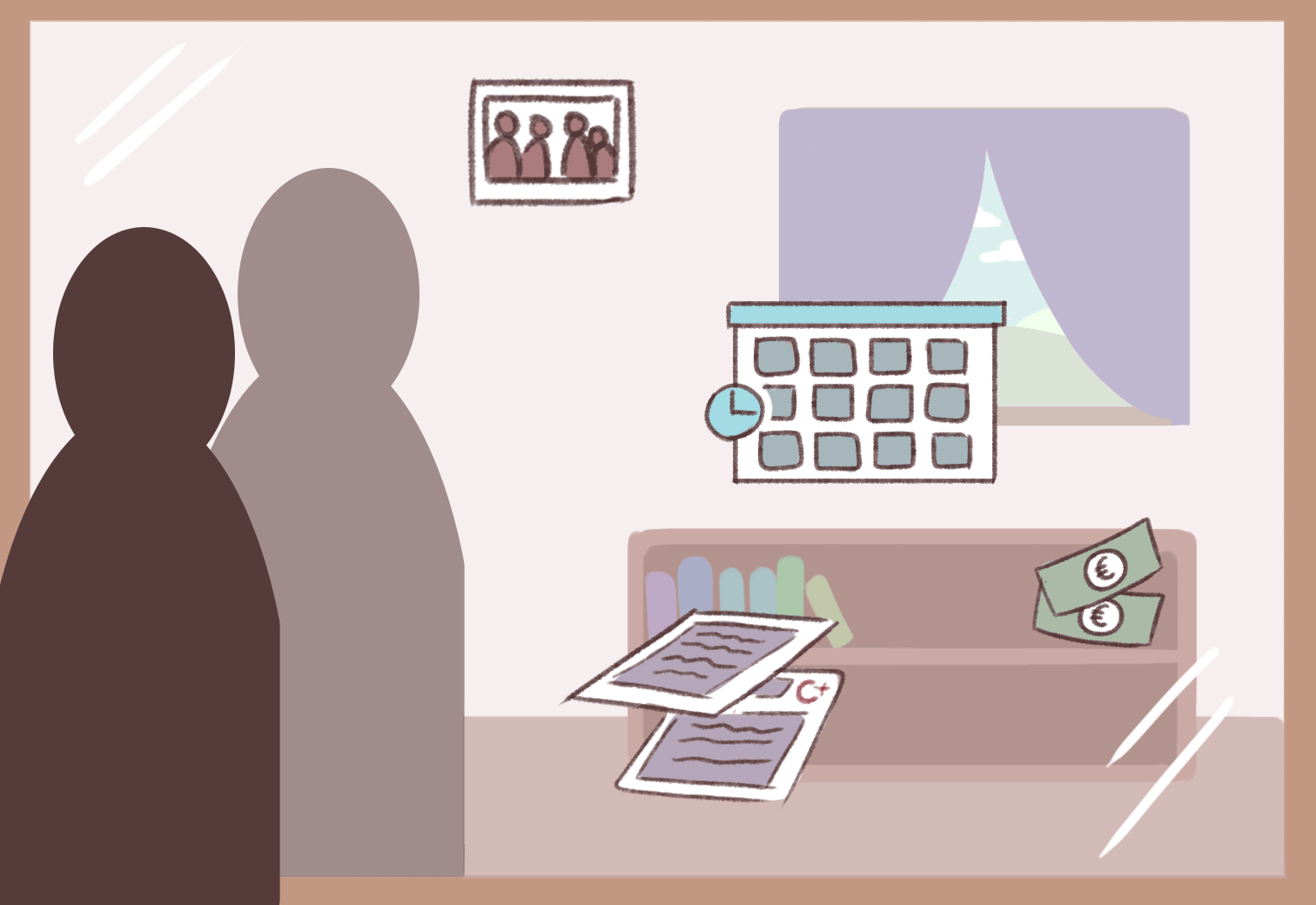
As we move through life, we are constantly presented with opportunities to change and grow – learning how to be happier, healthier people through our experiences. This growth is not always easy, but one tool we can use to help us is:
self-reflection
Current research describes self-reflection as the process of intentionally focusing on our thoughts, feelings, and experiences (Nolen-Hoeksema & Lyubomirsky, 2008, p.400). This means taking time to ask ourselves questions about our actions and experiences, alongside taking notice of the thoughts and feelings that arise within (Yip, 2006, p.782).
The benefit of practicing self-reflection is that it can become a tool for change and self-improvement. Among other things, it allows us to understand ourselves better by helping us examine why we act in certain ways. When we practice self-reflection consistently, we can apply the observations we make about our behavior to future conflicts, improving our competence and confidence in difficult situations (Yip, 2006, p.783).
However, not all types of self-reflection are healthy. If we are not mindful of the way we self-reflect, we could end up ruminating instead. When we ruminate, we focus on the negative parts of our experiences and distress. Anyone who has been kept awake at night reliving an awkward conversation or an embarrassing moment has witnessed rumination.
When we ruminate, we focus on our distress. Hence, self-reflect to eliminate distress instead of ruminating.
At such times, we get stuck thinking about what we wish had happened instead of what we can learn going forward (Joormann et al., 2011, p.797). Often this means that we end up criticizing ourselves or feeling badly instead of learning to unpack our minds and move on. While positive self-reflection is meant to lead to growth and problem solving, rumination means being stuck thinking about the same problem without taking any action to change our circumstances. Not only does rumination keep us from solving problems effectively, people who ruminate regularly are more likely to view situations in a negative light, and it can even worsen symptoms of depression (Nolen-Hoeksema & Lyubomirsky, 2008, p.400).
Four Steps to Avoid Rumination
by Professor Kam-Shing Yip (2006, p.782).
- Set aside time and space for reflection. This means making space to stop, think, and analyze your past experiences when you aren’t too busy or overwhelmed.
- Take notice of the uncomfortable feelings that arise and ask yourself what is causing them.
- Practice reflecting consistently over time.
- Find the self-reflection method that works for you. There are many models and tools for reflection, so if you’re struggling, try a different approach.
Additionally, while self-reflection is often undertaken alone, a supportive environment encourages healthy reflection (Yip, 2006, p. 781). This means sharing your observations with people who will provide you with support and empathy, whether that is a therapist, family member, or friend. As you get more practice, self-reflection can also be used throughout your day-to-day life. Try to observe the feelings that arise when you go through the kinds of situations you have been reflecting on, and ask what steps you can take to avoid negative behaviors.
References
- Joormann, J., Levens, S. M., & Gotlib, I. H. (2011). Sticky Thoughts: Depression and Rumination Are Associated With Difficulties Manipulating Emotional Material in Working Memory. Psychological Science, 22(8), 979–983. http://www.jstor.org/stable/25835487
- Nolen-Hoeksema, S., Wisco, B. E., & Lyubomirsky, S. (2008). Rethinking Rumination. Perspectives on Psychological Science, 3(5), 400–424. http://www.jstor.org/stable/40212262
- Yip, K. (2006). Self-reflection in Reflective Practice: A Note of Caution. The British Journal of Social Work, 36(5), 777–788. http://www.jstor.org/stable/23721256
Author Bio
Nora is an international student from the USA, currently studying in the Czech Republic. Her focus is on Humanities and Social Sciences. She is especially interested to explore how self-talk and self-awareness affect mental health within queer communities.
“Through my experience as a student living abroad, I’ve learned a lot about taking care of my mental health and handling big life changes. In my free time, I’m an avid reader, knitter, and artist. At WHJ Online Therapy Centre, I work as a content writing intern, expanding my knowledge of mental health and self-help tools.” – Nora Zapalac